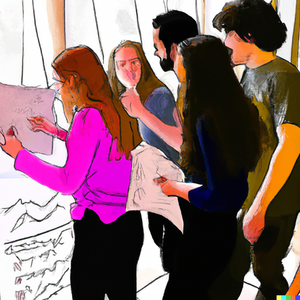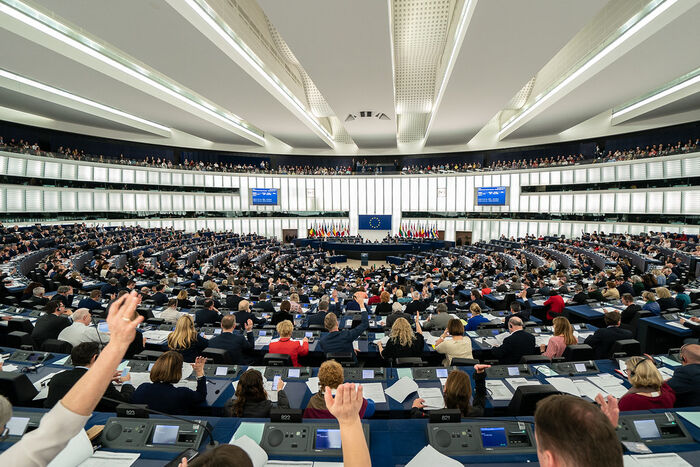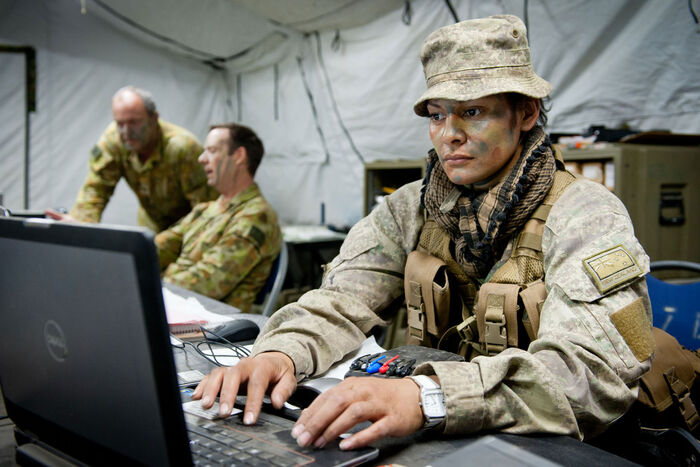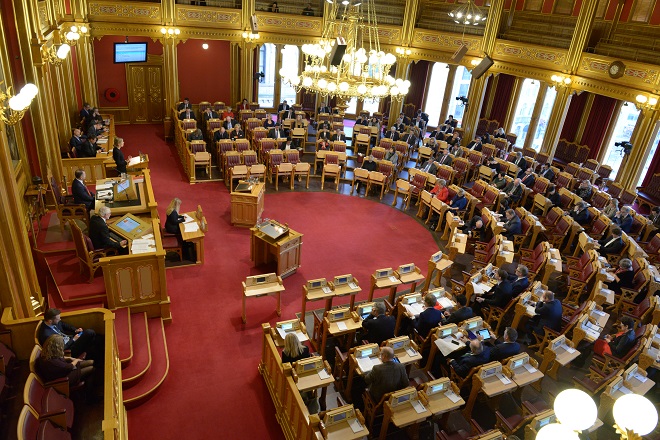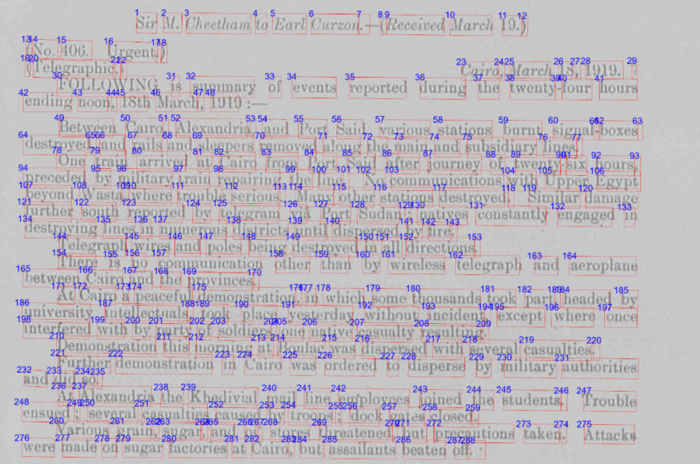Events
Previous
Philipp Broniecki will present joint work with Bjørn Høyland on What Drives Committee Allocation.
We kick off the PODS seminar-series with Torbjørn Skardhamar. He will present on Swedish conditions in Oslo?
The annual PODS workshop takes place 27 October.
On Thursday the 3rd of August, students will present their findings after having worked for six weeks with cases from three different stakeholders. You are welcome to join the audience!
Dr Friedolin Merhout (University of Copenhagen) presents his recently published paper "An Online experiment during the 2020 US–Iran crisis shows that exposure to common enemies can increase political polarization"
Professor Torbjørn Skardhamer (ISS, UiO) presents "Predicting crime at birth".
Professor Thomas Hegghammer (All Souls, Oxford) presents his latest research into the use of images in Jihadi magazines.
Dr Jeremy Spater presents ongoing work on Estimating spatial dimensions of networks using exponential random graph models.
Solveig Bjørkholt will present her paper entitled Too Good to be true? Machine learning in Survey Validation.
This workshop brings together Danish and Oslo-based political data scientists.
We would like to invite to the final student presentations in the new summer course “Political Data Science Hackathon” (ISSSV1337).
Philipp Broniecki and Bjørn Høyland present their paper on Patterns of Roll-Call Requests in the European Parliament. The presentation will focus on the technical issues involved in shaping, phrasing and organizing information from a large set of semi-structured web-pages.
Haakon Gjerløw presents his ongoing effort to collect a comprehensive dataset on the political system of Zambia since 1996.
Ingrid Kristine Glad (dScience)
dScience – Centre for Computational and Data Science – at the University of Oslo (UiO) is an interdisciplinary centre developing and supporting research within computational science and data science across UiO and together with partners in industry and public sector.
In addition to hosting research programs and projects, dScience develops mechanisms collecting, managing and sharing high-quality data for academic and business development purposes in Norway and internationally. dScience focuses on basic, long-term research, creates collaboration across disciplines and sectors, offers community services and contributes to the education and supervision of students.
What role are cyber operations playing in the Ukrainian war? In this presentation, Dr Philipp Lutscher will elaborate on how Ukraine became a testbed for Russian cyber actions since 2014, talk about different activities, such as Denial-of-Service attacks and their motivation, and show that such cyber operations played a rather marginal role in the conflict thus far. Finally, Philipp will talk about Russia's strategy of information control, more precisely, the use of bots, disinformation campaigns, and censorship.
In this seminar we talk about careers in political data-science.
Silje S. L. Hermansen presents joint work with Urska Sadl entitled Judicious judging: The effect of political debate on judicial decision making
Sign up on zoom
Martin Søyland (Political Science, UiO) presents his R package stortingscrape. This R package aims to effectivize this process for Norwegian parliamentary data. The package makes the data easily accessible, while also being flexible enough for tailoring the different underlying data sources to ones needs. The package philosophy revolves around three core consepts: 1) simplify data formats as much as possible, 2) make interconnected sources of data easily mergable, and 3) minimize overlap in information for different retrival functions.
The Research Infrastructure Services Department at USIT is responsible for national e-infrastructure services for computation, storage of research data and more. The group is also responsible for UiO's involvement in national, Nordic and European initiatives and other cooperation projects and initiatives in the field of e-infrastructure and scientific computing.
Optical character recognition (OCR) promises to open vast bodies of historical data to scientific inquiry, but OCR can be cumbersome when documents are noisy. The past 18 months have seen the launch of new OCR processors with vastly improved accuracy. In this seminar, Thomas Hegghammer will give an overview of the latest tools and present a new R package that offers access to the most powerful of them all, Google Document AI.
Opinion polls are not reported in the media as unfiltered numbers. And some opinion polls are not reported at all. This talk by Zoltán Fazekas from Copenhagen Business School is about how polls travel through several stages that eventually turn boring numbers into biased news. The theoretical framework describes how and why opinion polls that are available to the public are more likely to focus on change, despite most polls showing little to no change. These dynamics are empirically demonstrated using several data sources and measurements from two different democracies (Denmark and the U.K.) covering several years of political reporting. In the end, a change narrative will be prominent in the reporting of opinion polls which contributes to what the general public sees and shares, further consolidating a picture of volatile political competition.
Neil Ketchley presents Violent Contention and Decolonization: Evidence from the 1919 Egyptian Revolution
Who will the Norwegian election this fall? While no answer can be definite until election has passed, the large amount of available data allows probabilistic answers. In the past, media coverage of Norwegian elections and popular party support has focused on single polls or averages of polls at best. This is suboptimal, because each poll contains random noise and systematic bias, which makes it hard to accurately gauge how party support develops over time. Furthermore, opinion polls are snapshots and do not directly address the question of how support is likely to develop in the future. To make better use of the data, Jørgen Bølstad has developed a Bayesian model of latent party support and made the results publicly available at estimite.com. In his presentation, Bølstad will introduce the new model and its outputs, including some results that are not available online. He will also give a brief description of the project and how the webpage is built and updated.
Philipp Broniecki presents joint work with Lucas Leeman and Reto Wüest on an R-package for Improved multilevel regression with post-stratification through machine learning (autoMrP)

